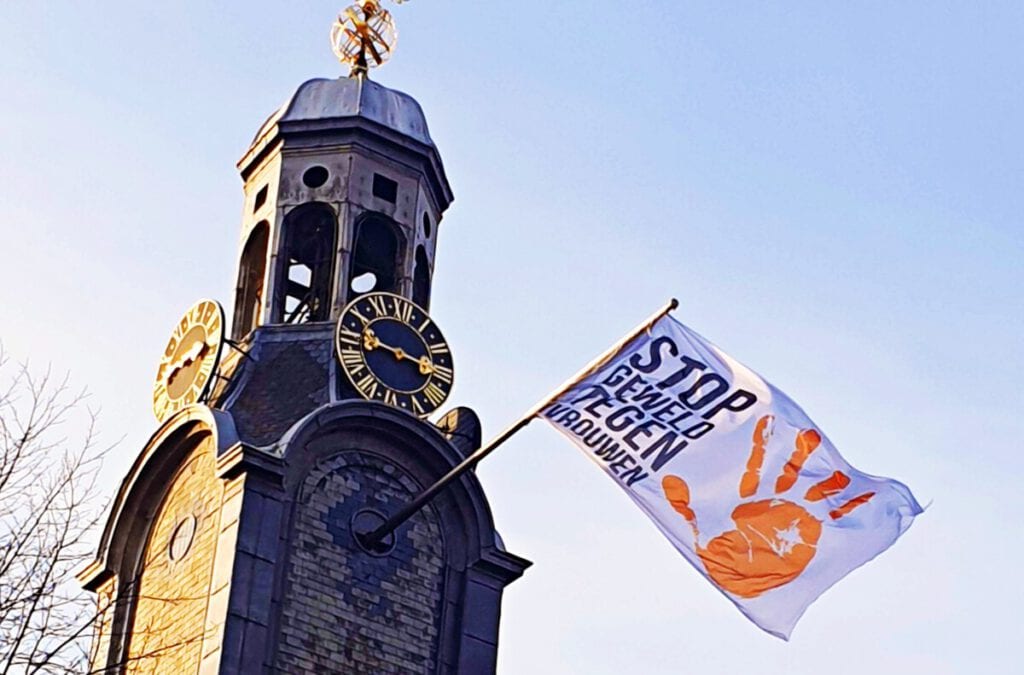
Having spent all 23 years of my life in South Africa — often dubbed the world’s rape capital — reading that the Leiden man who raped and assaulted students was slapped with only a four-year sentence is devastating.
As a woman in South Africa, being catcalled relentlessly and being approached continuously by men lurking in shadows made hyperawareness not only a necessity, but a habit.
I remember walking to the gym with my sister and trying to conceal pepper spray under my sleeve in case of an attack. Horror stories from friends, peers, and on the news made me feel like none of the preventative measures I was taking were strong enough.
Living in fear
In a survey conducted by the South African Medical Research Council, approximately one in four men who participated admitted to committing rape. The World Population Review published rape statistics by country in 2020, and (no surprise here), South Africa has the recorded highest rate of rape in the world, with 132.4 incidents per 100,000 people. And these are just the incidents that were reported.
These numbers are not an accurate reflection of the severity of the rape crisis in my home country. Ineffective government schemes, overt racial tension, and heightened reality of gender-based violence are just some of the reasons why growing up in South Africa was so hostile. Looking over my shoulder while walking to class at university, or changing plans to arrive safely, were daily occurrences.
These are just some of the attitudes South African women have adopted to try to maintain a semblance of safety: my pepper spray and taser gun, hyper-anxiety and general mistrust of any man on the street are the realities of all South African women. We are bound together by the real threat of becoming another report to add to our country’s high statistic ranking.
The Netherlands fallacy
The constant threat of rape and sexual assault is, naturally, the main reason for me having immigrated to the Netherlands. I thought I’d left the news headlines of the mishandling of rape behind me, but I was clearly wrong.
The fear that women in Leiden experience, and will continue to experience, because of this man is an all too familiar feeling. That I — a native of the world’s rape capital — can relate to this climate of insecurity in Leiden is shocking.

Not only is the sentence of just four years unjust, but how is punishment for rape quantifiable to begin with? How many years will it take the three young women in Leiden, who were subjected to such an act against their will, to recover from this?
Soft punishment
I am not a naïve idealist: I know that crimes of sexual assault and gender-based violence occur in even the safest and most egalitarian societies. I am scathing, though, in my criticism of this conviction.
While a part of me thinks “at least he got caught and is going to jail,” this optimistic view shatters against the handling of this story. That the rapist will be “subject to some restrictions” upon being released from prison is a slap in the face for the victims. By allowing the criminal to remain unnamed, this crime becomes an anonymous one.
Where I’m from, victim-blaming, a corrupt system and the sheer number of reports make South Africa a rapists’ paradise. That the “plus side” of this Leiden sentence is that this individual was simply sentenced is horrific.
Is the bar of justice set that low in this, seemingly progressive, country?
What do you think of the sentence? Tell us your opinion in the comments below.
Disclaimer: The views and opinions expressed here are those of the author and do not necessarily reflect the editorial position of DutchReview.
Feature Image: Eric Ward/Unsplash
